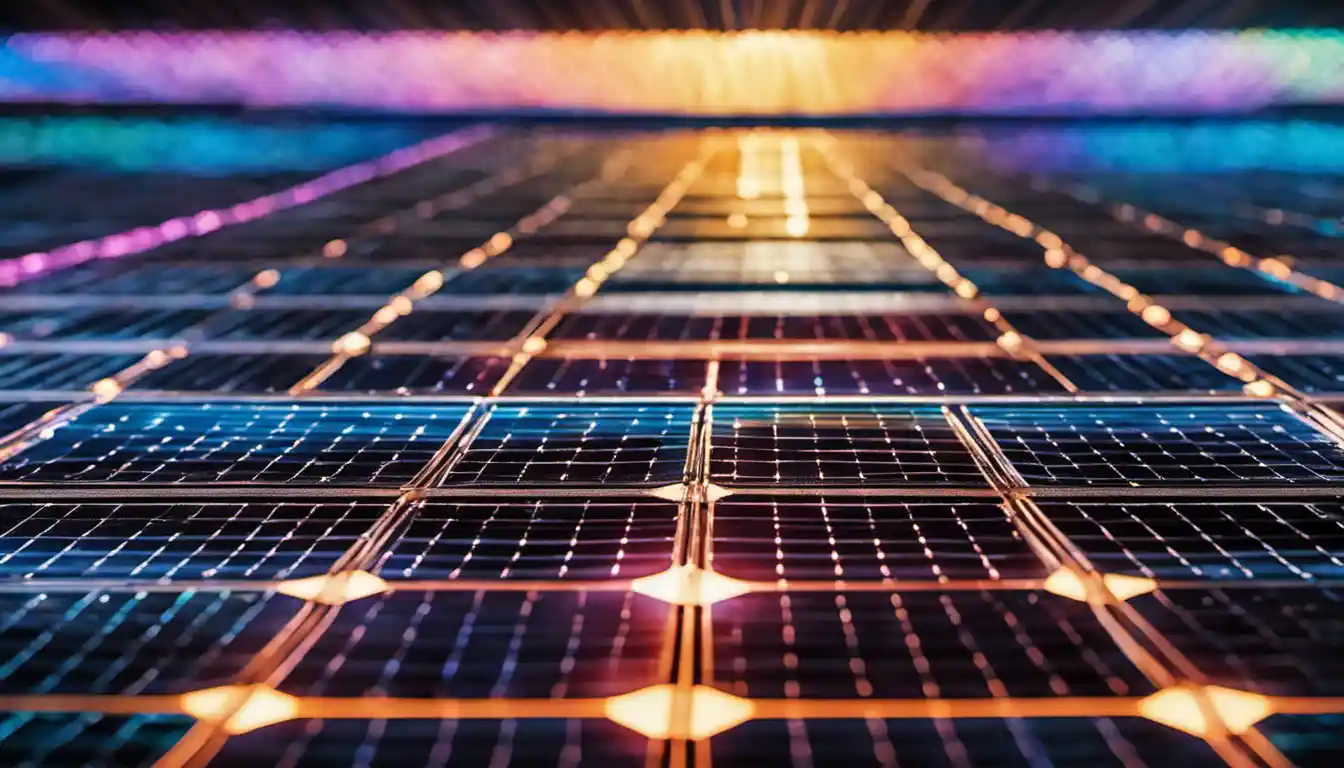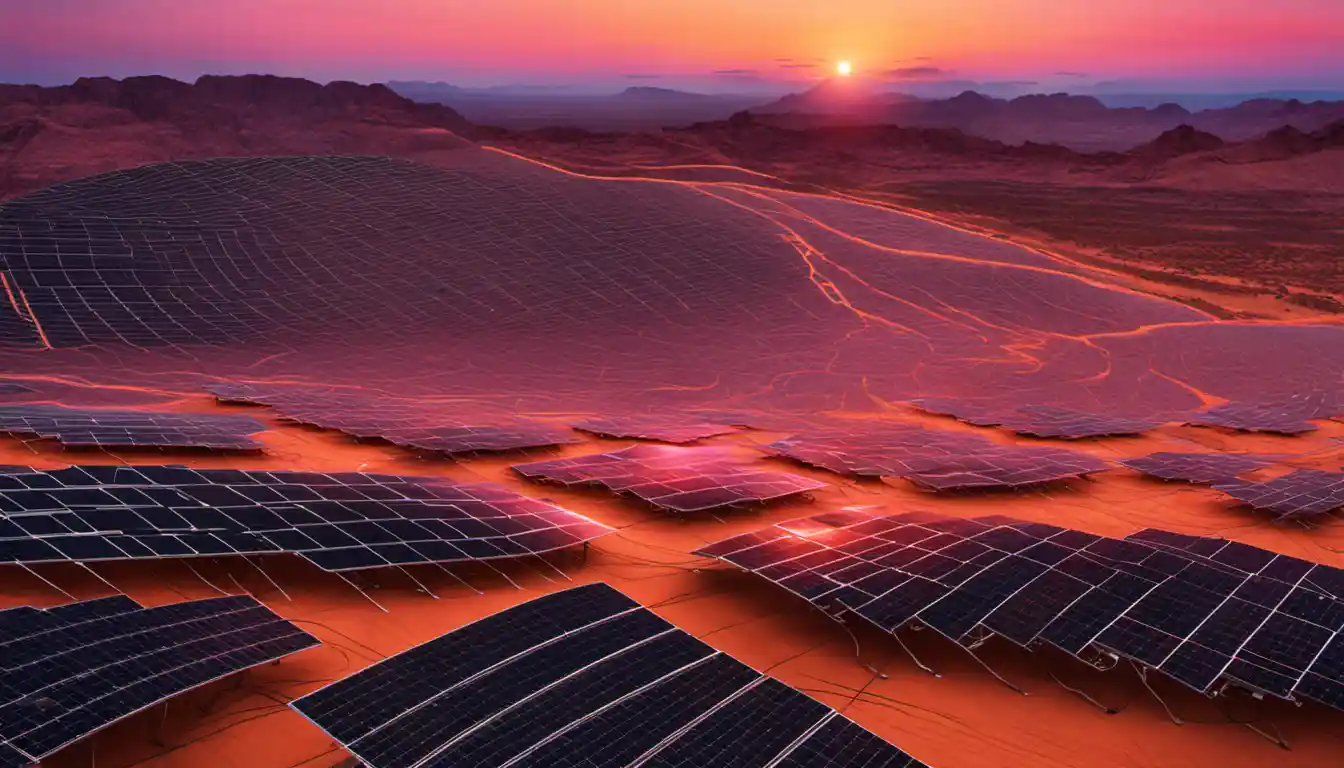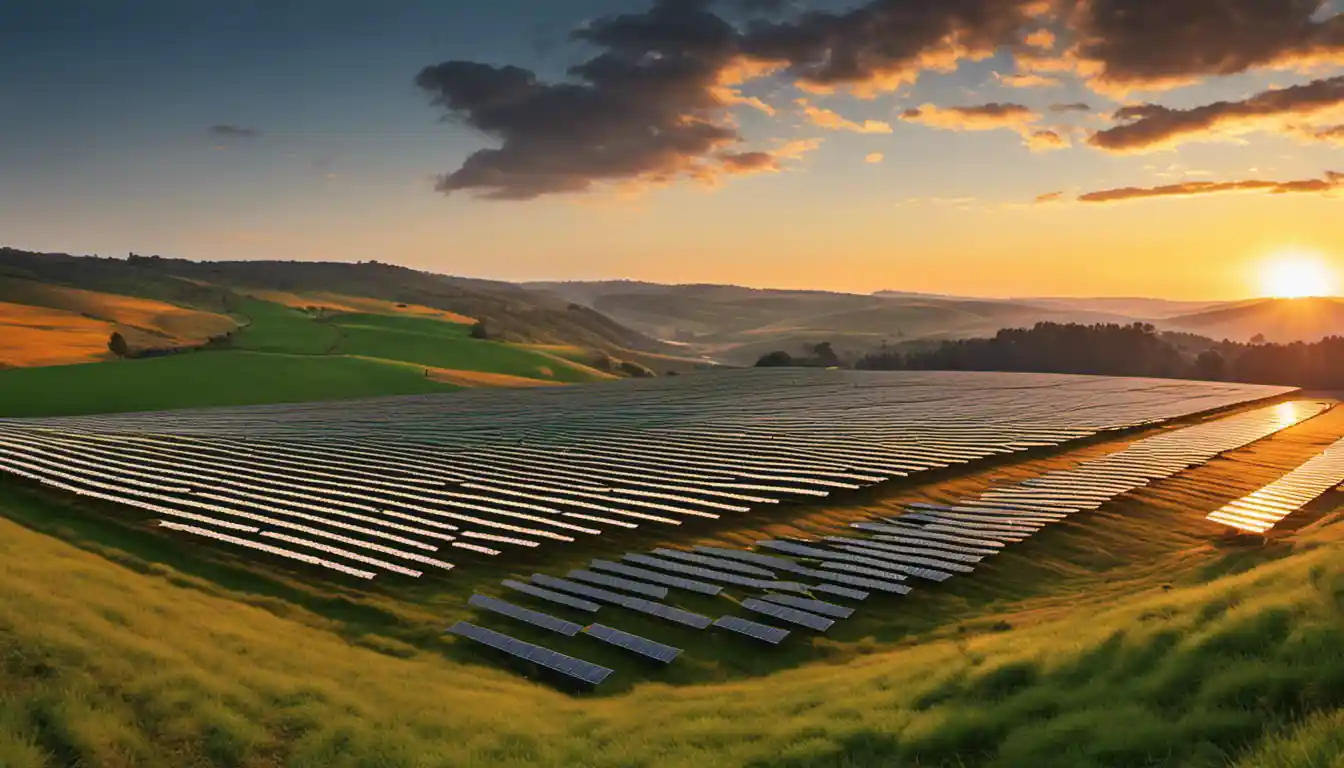Introduction to Solar Panel Efficiency
Yes, solar panels are getting more efficient over time. Advancements in technology have led to the development of solar panels that can convert a larger percentage of sunlight into electricity. This trend is expected to continue as research and development in this field progresses.
Examining the Concept of Solar Panel Efficiency
Solar panel efficiency measures how well a solar panel can convert sunlight into electricity. It’s expressed as a percentage and the higher the percentage, the more efficient the panel. It means that, given the same amount of sunlight, a more efficient panel will produce more power.
Historical Efficiency Rates of Solar Panels
In the early 1950s, the efficiency of solar cells was around 6%. Over the years, this figure inched upwards. A typical panel in the 1980s had about 10% efficiency. Fast-forward to the present day, and we’re seeing panels with efficiencies well above 20%. How has this incredible increase happened? Read on to find out.
Current State of Solar Panel Efficiency
Highlighting Solar Panels of 2023
The recent models of solar panels have reached efficiencies that were thought unthinkable just a few decades ago.
Analysis of the SunPower M Series 440-watt Panel
SunPower offers some of the most efficient panels on the market. For example, their M series 440-watt panel has an efficiency rate of an impressive 22.8%, a true testament to the ingenuity and innovation in the industry.
Efficiency of Canadian Solar HiHero 445-watt Panel
Canadian Solar’s HiHero 445-watt panel reaches around 21.1% efficiency and is continuously being refined for further improvements. It’s regarded as a workhorse in both residential and commercial zones for its reliable and efficient performance.
Review of REC Alpha Pure 430-watt Panel

REC’s Alpha Pure 430-watt panel, another top contender, achieves an efficiency of 21.7%. With revolutionary cell technology, REC is at the forefront in pushing the limits of solar panel efficiency.
Details on Jinko Solar Tiger Neo 445-watt Panel
Jinko Solar’s Tiger Neo 445-watt panel boasts an efficiency of about 20.8%. This shows that mainstream solar companies are consistently pushing towards the 22% mark.
Insights on Panasonic Evervolt H/HK 410-watt Panel
Panasonic’s Evervolt H/HK 410-watt panel posts an efficiency of 19.7%, marking a significant step forward in the company’s quest for better energy solutions.
Solar Panel Efficiency: Residential vs. Commercial
Keep in mind that the efficiency of residential solar panels typically ranges from 15% to 20%, but commercial panels can reach up to 23% efficiency. While those percentages may not seem earth-shattering, consider the tremendous impact they can make. Take the example of a homeowner in sunny California who installs high-efficiency solar panels. This homeowner could reduce their dependency on grid power dramatically and save hundreds on electricity bills each year.
Factors Influencing Solar Panels’ Efficiency
Environmental Factors Affecting Solar Panel Efficiency
Besides the solar panel technology, environmental factors such as temperature, the angle of sunlight, and the amount of sunlight can impact the efficiency of solar panels. For instance, higher temperatures can actually reduce solar panel efficiency due to increased resistance.
Technological Limitations on Solar Panel Efficiency
There is also a theoretical limit known as the Shockley–Queisser limit, which sets the maximum efficiency for a single-junction solar cell under normal sunlight at about 33%. However, researchers are developing techniques to surpass this limit, which brings us to the future of solar panels efficiency.
Future of Solar Panels Efficiency

Understanding Technological Innovations for Solar Panel Efficiency
Role of Perovskite in Boosting Solar Panel Efficiency
Solar panel technology is advancing quickly. For example, scientists are studying a material called perovskite that can achieve higher efficiencies compared to traditional silicon-based solar cells.
Predicting Future Improvements in Solar Panel Efficiency
A future concentrated around renewable energy sources isn’t just probable, it’s necessary. Solar technology, though already formidable, will only continue to improve, becoming more accessible, affordable, and efficient. Scientists speculate that by 2040, solar panel efficiencies could soar into the mid-40s percentage-wise due to such innovations.
The Question of 100% Solar Panel Efficiency
Theoretical Limitations of Achieving 100% Solar Panel Efficiency
Will solar panels ever reach 100% efficiency? Theoretical limits suggest that reaching 100% efficiency is highly unlikely. Even with the most advanced materials and techniques, the Shockley-Queisser limit dictates that single-junction solar cells can’t exceed about 33% efficiency.
Practical Challenges in Reaching 100% Solar Panel Efficiency
On a practical level, factors like climatic conditions, dirt accumulation, and aging of panels also mean operating at 100% efficiency is an improbable dream. However, remember that even at their current efficiency levels, solar panels can significantly cut your electricity costs and reduce your carbon footprint.
Solar Panel Efficiency over Time

How Solar Panel Efficiency Changes Over Time
While the efficiency of panels has increased over time, individual panels’ efficiency tends to decrease slightly each year. This is called degradation. As per a study by National Renewable Energy Lab, panels typically degrade about 0.5% per year. So, after 25 years, your panel will be about 88% as efficient as it was when new. You can get more details about this subject by visiting /how-efficient-are-solar-panels.
Implications of the Reduced Efficiency for Solar Panel Users
Though degradation sounds alarming, remember that it is gradual. It won’t significantly affect your solar panel’s overall performance during its average lifespan (25-30 years). With efficient use and regular maintenance, you can get the best from your solar panels for many years to come.
Choosing Efficient Solar Panels
Importance of Solar Panel Efficiency in Selection
When selecting solar panels, efficiency isn’t the only factor to consider. Performance, durability, and cost also play a role. However, high-efficiency panels are usually more cost-effective in the long run, especially if space is a constraint.
Tips for Choosing a Solar Panel Company
Choose a solar company that offers efficient panels with a good warranty and track record. Take into account the brand’s reputation, support services, and customer reviews.
Frequently Asked Questions
Refer to our informative FAQ section for more detailed answers on solar panel efficiency and related topics.
Conclusion: Will Solar Panels Get More Efficient?
In conclusion, the answer to “are solar panels getting more efficient” is a resounding yes. We’ve made incredible progress in the past few decades. The future of solar panels efficiency looks brighter than ever, promising developments that would make solar energy an indispensable part of our daily lives.
The day when every building, vehicle, and electronic device runs on clean, sustainable solar power isn’t here yet. But thanks to relentless research and technological innovation, it’s closer than we think.



